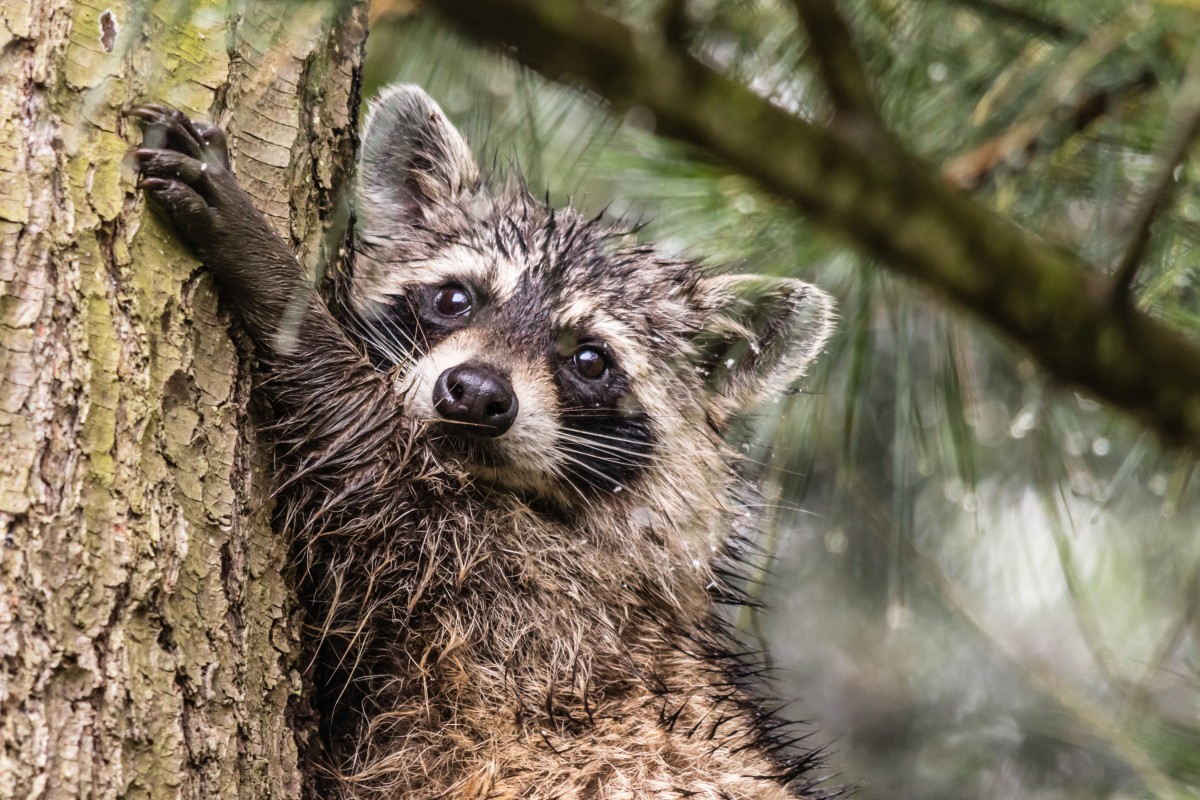FRENCH CREEK — Spring provides many opportunities to see fawns, cubs and other young animals, but the West Virginia Division of Natural Resources (DNR) would like to remind people that young wildlife should be left alone.
“You should exercise extreme caution and keep a safe distance if you encounter young wildlife,” said Tyler Evans, a wildlife biologist stationed at the West Virginia State Wildlife Center in Upshur County. “And it is especially important that the public understands the need to avoid touching or disturbing these animals.”
Picking up wildlife or getting too close greatly increases the chance of the animal getting harmed. By handling these animals, humans leave behind a scent that may attract a predator. Additionally, handling wildlife has the potential to expose humans to a variety of wildlife-related diseases and parasites.
“Rabies, ticks and lice are just a few of the threats humans are exposed to when they handle wildlife,” Evans said.
Removing a young animal from its natural environment will almost certainly lead to the death of that animal.

“Young animals have special dietary needs and must learn survival skills that only a natural setting can provide,” said Evans. “Young animals are hidden while adults search for food, and this separation can last for several hours. Many people will mistake a bedded fawn, with no mother in sight, as abandoned, but that is rarely the case.”
As a final caution, DNR is reminding the public that state law prohibits the possession of wildlife without a permit. The fine for illegal possession of a fawn, bear cub, baby raccoon or any other species during the closed season ranges from $20 to $1,000 and could lead up to 100 days in jail.
“We want everyone to enjoy our state’s wildlife,” said Evans. “However, for your safety and the safety of the animal, please remember that young wildlife should always be left undisturbed and given the opportunity to remain wild.”





